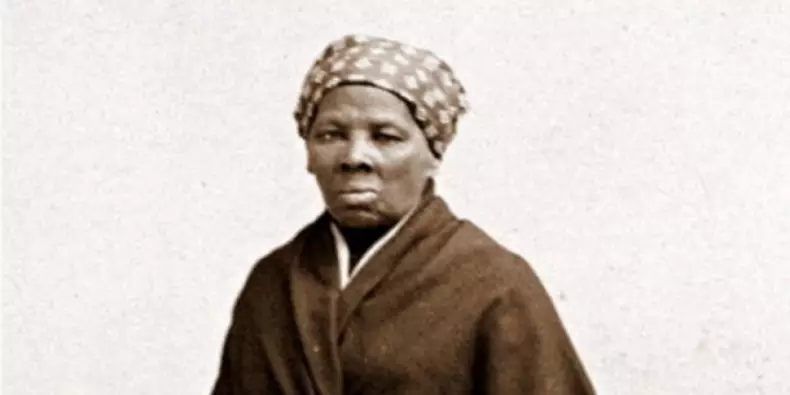Not long ago, the U.S. Treasury Department announced that Harriet Tubman will be replacing Andrew Jackson on the front of the $20 bill — news that overshadows the fact that the Treasury Department backtracked on it’s previous announcement that the $10 bill would feature a woman by 2020.
As fans of the Broadway show, “Hamilton”, we all know the $10 bill depicts a portrait of Alexander Hamilton, the original proponent of the first Central Bank of the United States. Last June, Jack Lew, the Treasury Secretary, announced the fact that a newly issued $10 bill would feature a woman in the bill’s redesign by 2020 to commemorate the 100th anniversary of the 19th amendment to the U.S. constitution. The 19th Amendment prohibits any U.S. citizen from being denied to vote on the basis of their sex.
Starting last summer, the Treasury department held a listening campaign whereby many constituent groups argued for and against this change under the hashtag #TheNew10. Many prominent voices joined the debate, with the likes of former Chairman of the Federal Reserve Bank Ben Bernanke penning a post to argue for keeping Hamilton on the $10 bill. Other organizations, like our friends at the Girl’s Lounge circulated petitions to stick to the original plan of putting a woman on the first bill slated for redesign (the $10 bill).
In the end, Harriet Tubman was selected to replace Andrew Jackson on the front of the $20 bill and the back of the $10 bill will feature five suffragists who fought for the right of women to vote during the March of 1913. Right now, it’s estimated that the new $20 bill will not be widely circulated until 2030.
The organization Women on 20s had been pushing for this change for over a year. They also played an instrumental role in pushing Harriet Tubman’s name to the forefront when they held an online poll resulting in Tubman being selected by more than half a million voters as their top choice for the newly featured woman.
Some have argued that this was the proper historical decision given Hamilton’s role in the United States’ early financial solvency. Others are convinced that the popular Broadway show elevated Alexander Hamilton to celebrity status and played a significant role in the public response and the Treasury’s ultimate decision. In the end, however, it may not really matter.
Not since the 1880’s when Martha Washington was briefly on the front of the $1 bill has there been a woman on American currency. And now, there is a woman of color who worked throughout her life to help other women and fellow slaves. This is a hugely symbolic and important step towards recognizing the role of both women and African Americans in this country’s history. We’re celebrating — and can’t wait to see the new bills!




